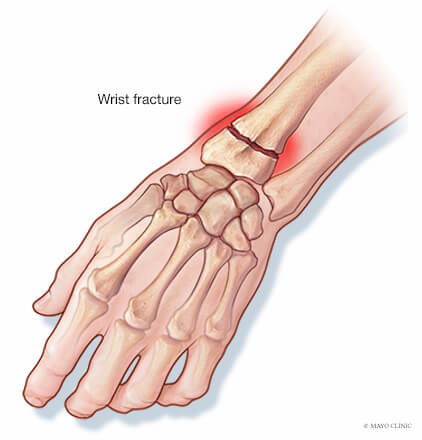A nurse is providing teaching to a client who has had a total abdominal hysterectomy and bilateral salpingo-oophorectomy for uterine cancer. Which of the following instructions should the nurse include in the teaching?
Resume sexual intercourse in 2 to 3 weeks.
Increased vaginal drainage typically occurs 5 days following surgery.
Artificial lubrication can be used to treat vaginal itching and dryness.
A Papanicolaou (Pap) test should be performed every 6 months.
The Correct Answer is C
Choice A reason:
Resuming sexual intercourse in 2 to 3 weeks may not be appropriate for all patients after such a major surgery. The recovery time can vary based on individual factors, including the extent of the surgery and the patient's overall health. It's essential for patients to follow their healthcare provider's specific recommendations, which typically involve waiting until after the postoperative check-up, usually around 6 weeks, to ensure proper healing.
Choice B reason:
Increased vaginal drainage typically occurring 5 days following surgery could be a sign of infection or other complications. Normal postoperative discharge should gradually decrease over time. If a patient experiences increased drainage, especially if it's foul-smelling or accompanied by fever, they should contact their healthcare provider immediately.
Choice C reason:
After a total abdominal hysterectomy and bilateral salpingo-oophorectomy, patients may experience vaginal dryness due to decreased estrogen levels. Using artificial lubricants can help alleviate symptoms of itching and dryness, making this an appropriate instruction for postoperative care.
Choice D reason:
A Papanicolaou (Pap) test is not typically required every 6 months after a total abdominal hysterectomy and bilateral salpingo-oophorectomy for uterine cancer unless the surgery was performed as treatment for cervical cancer or serious pre-cancer. For those who had the procedure due to benign conditions, further Pap tests are generally not necessary.
Nursing Test Bank
Naxlex Comprehensive Predictor Exams
Related Questions
Correct Answer is C
Explanation
Choice A reason:
Bathroom privileges after premedication are not typically restricted unless the premedication impairs the client's ability to ambulate safely. However, it is important to ensure that the client does not fall or injure themselves due to the effects of the medication.
Choice B reason:
Drinking 8 oz of water is generally not advised immediately before surgery due to the risk of aspiration during anesthesia. Clients are usually instructed to fast, which includes not drinking any liquids, for a certain period before surgery.
Choice C reason:
Preoperative diazepam may be administered 30 minutes before surgery to help reduce anxiety and induce sedation. Diazepam is a benzodiazepine that can calm the client and facilitate a smoother induction of anesthesia.
Choice D reason:
Enema administration is not a standard preoperative procedure for a client undergoing a cholecystectomy unless there is a specific indication. The primary focus is on preventing infection and managing pain.

Correct Answer is D
Explanation
Choice A reason:
While pulmonary function studies are an important part of the preoperative assessment and postoperative follow-up for lung cancer patients, they are not typically something a patient would be immediately prepared for post-lobectomy. These studies are usually scheduled for a later date to assess the impact of the surgery on lung function.
Choice B reason:
A sternal incision is not commonly associated with a lobectomy, which involves an incision in the chest wall, not the sternum. Sternal incisions are more often related to procedures that require access to the heart or the central chest area, such as open-heart surgery.
Choice C reason:
Moderate pain is expected after any major surgical procedure, including a lobectomy. However, pain management is a standard part of postoperative care, and patients are typically informed about pain control measures rather than being prepared to expect pain as a postoperative event.
Choice D reason:
The placement of a chest tube is a standard part of care following a lobectomy. The chest tube allows for drainage of fluid and air from the pleural space, ensuring proper lung expansion and preventing complications such as pneumothorax. Patients should be educated about the chest tube's purpose, care, and the sensations they may experience while the tube is in place.
Whether you are a student looking to ace your exams or a practicing nurse seeking to enhance your expertise , our nursing education contents will empower you with the confidence and competence to make a difference in the lives of patients and become a respected leader in the healthcare field.
Visit Naxlex, invest in your future and unlock endless possibilities with our unparalleled nursing education contents today
Report Wrong Answer on the Current Question
Do you disagree with the answer? If yes, what is your expected answer? Explain.
Kindly be descriptive with the issue you are facing.
